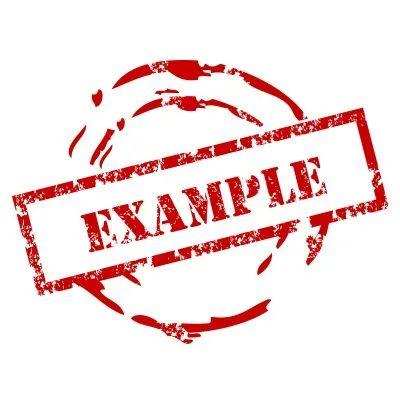Example


Are there sufficient funds?
Is a mortgage needed?

ONE
Examples of special terms that are unfair to the purchaser
Theoretically speaking, the property continues to belong to the vendor until the settlement date, upon which Tom and Mary will become the newly registered proprietors. Accordingly, the vendor should bear the responsibility for paying corresponding fees and responding to any government notices in relation to the property before settlement, and Tom and Mary will carry on the responsibility after settlement.
Note
Any modifications to the terms of the contract must be made before you sign the contract. Any verbal agreement between you and the vendor, or the agent, is unlikely to be binding if it is not stated in the contract. If you sign the contract without having your lawyer review the contract and the vendor statements, it would almost be impossible to ask the vendor to amend the contract again. It would also be difficult for you to withdraw from the contract if any issues arise afterwards.

Private Sale or Auction?
TWO
Private Sale
VS
Auction

THREE
1. Complete identity verification and require them to sign a Power of Attorney;
2. Complete the stamp duty assessment (including any possible exemptions);
3. Provide the estimated amount of balance payment for settlement; and
4. Contact the lending bank to prepare for settlement.

The Balance Payment for Settlement
FOUR
- The remaining of the property price (for example, if you have paid a 10% deposit, the remaining is 90% of the price)
- Any cost adjustments including council rates, property management fees, etc.
- Stamp duty (since all current property settlements are processed electronically, stamp duty must be paid at settlement)
- Land registration fees (to be paid at settlement)
- Fees for using the PEXA system to process settlement
- Legal costs and incidental costs

Final inspection
FIVE
True case

Australia’s online property exchange network – PEXA
SIX

SEVEN
Foreign investors need FIRB approval to purchase a residential property in Australia (please note that we are only talking about residential properties here, rather than commercial properties or industrial properties, etc.).
Depending on the type of FIRB approval and the purchase price limit, foreign investors can purchase various properties in Australia. However, these purchases must comply with the relevant conditions and requirements specified on the FIRB approval.
Conclusion
Disclaimer
This article is only a general guide and does not apply to readers’ individual cases. Based on the information provided, readers should not make any legal decisions without seeking professional legal advice from an Australian Legal Practitioner. Fumens Lawyers hereby declares that readers who refer to this article do not constitute a lawyer-client relationship with our firm, therefore, Fumens Lawyers will not be liable for any losses caused as a result of relying on the information contained within this article.


